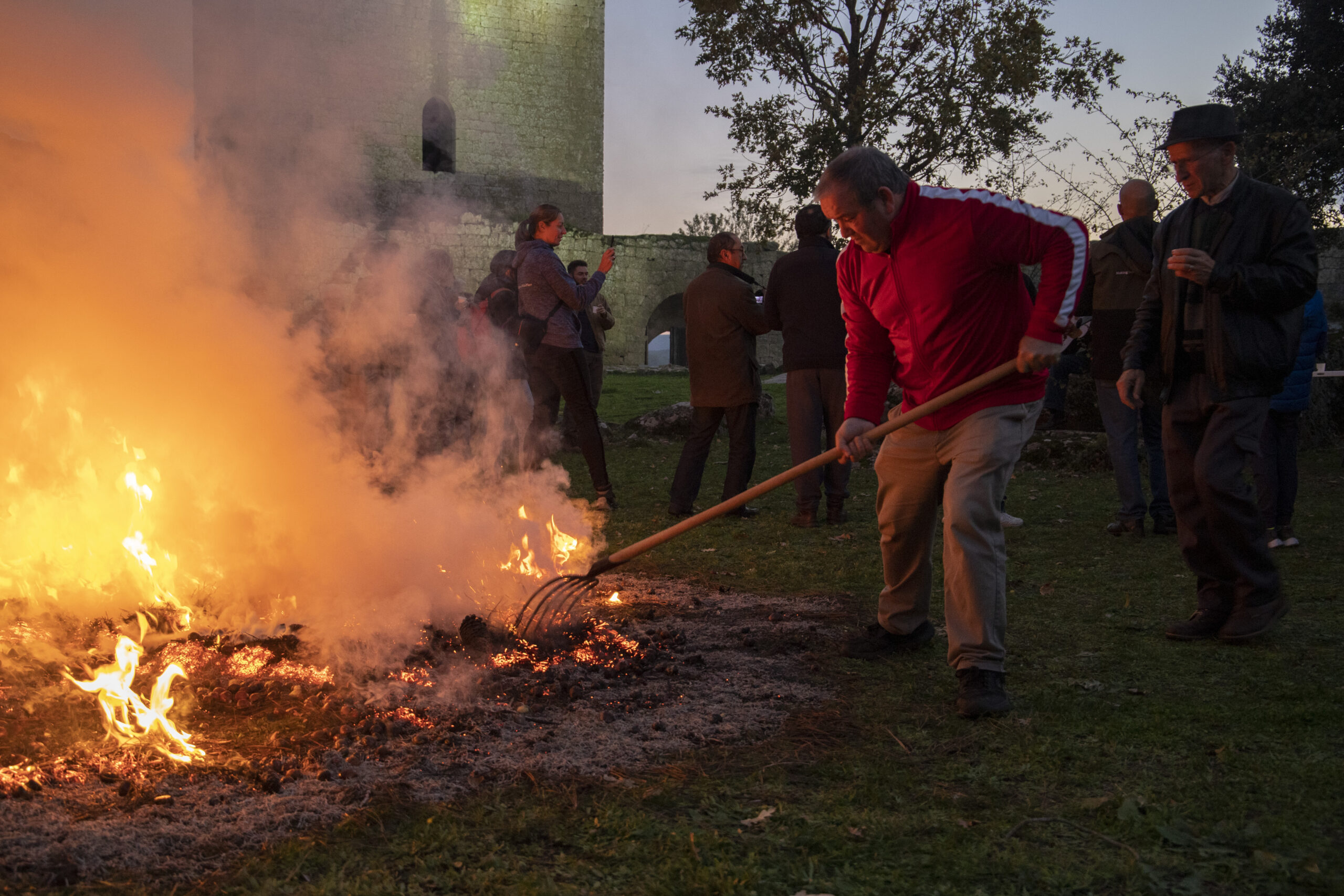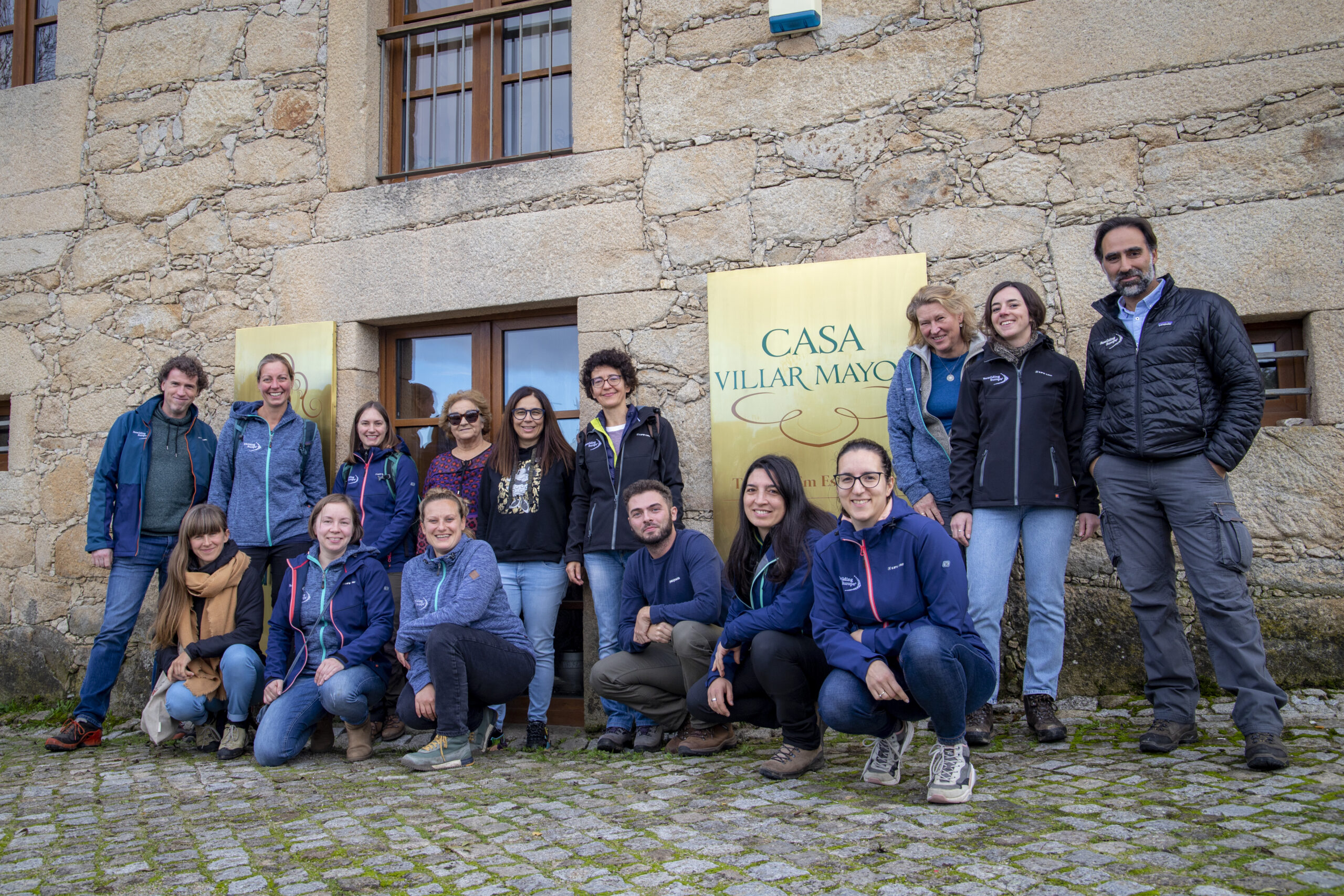At the beginning of November, the second meeting of the Communication team of the various European rewilding areas, for which Rewilding Europe is responsible, took place. One of the goals of this team is to spread this conservation approach, thereby generating pride and public support for the amplification of rewilding efforts across Europe. After a first meeting in the Netherlands, even before the pandemic, the second meeting was held in Portugal, organized by Rewilding Portugal, and served to create bridges, strengthen ties and work on joint strategies for the future.
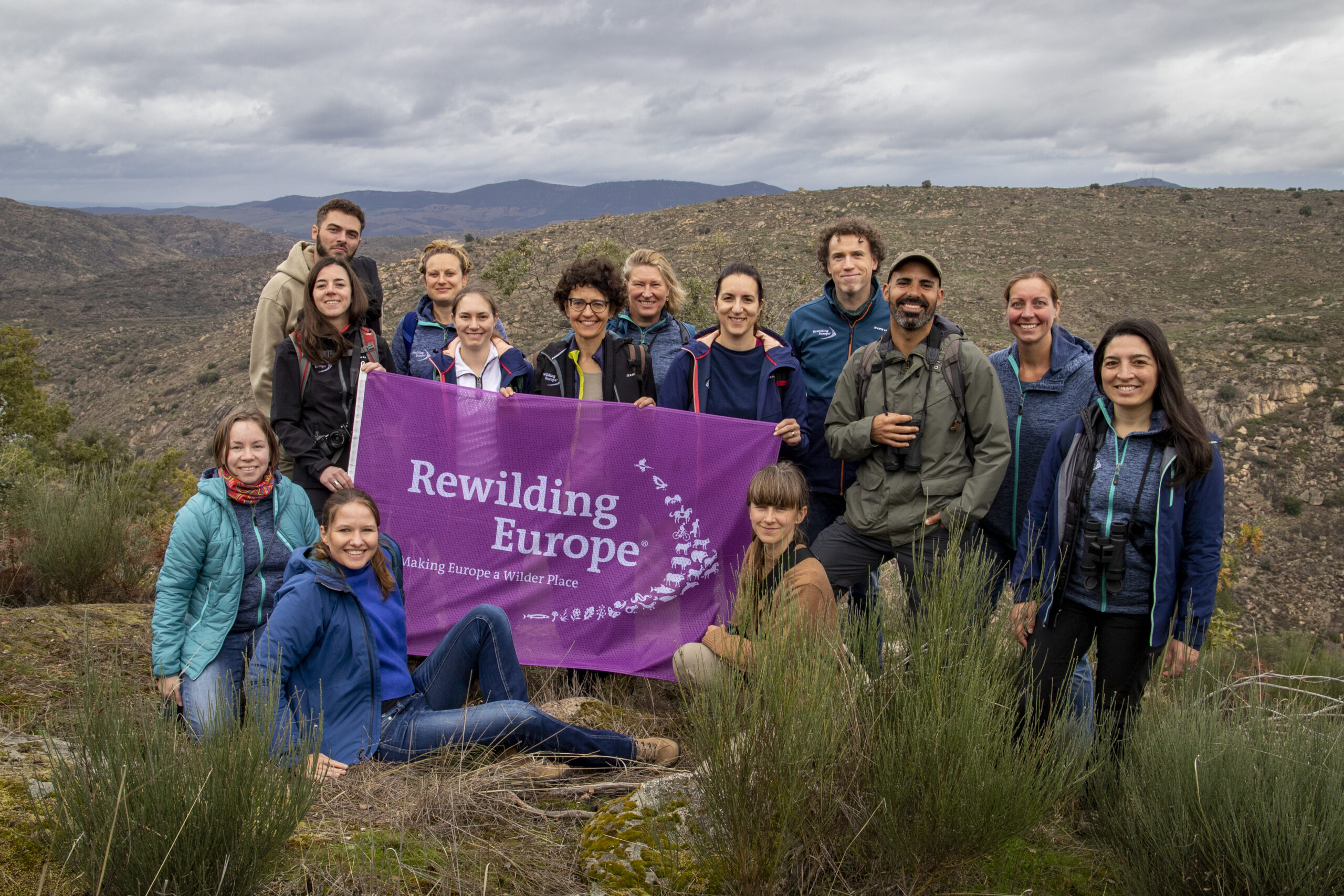
The rewilding approach, and specifically Rewilding Portugal’s, has always involved working in multidisciplinary teams with different skills, which, with their specificities and “know-how”, make important contributions so that rewilding in our country and in Europe can continue to grow. In addition to the more technical component of ecology and field work, the role that communication plays for the success of this type of projects and initiatives is increasingly important, as it enhances direct contact with the general public and local communities, crucial for rewilding to prosper and have visible practical effects, since the human element belongs in the landscapes and must be integrated in it in a model of coexistence that effectively works. It was this motto that led this communication team to carry out its second meeting, which took place at the beginning of November in the Greater Côa Valley, in Portugal.
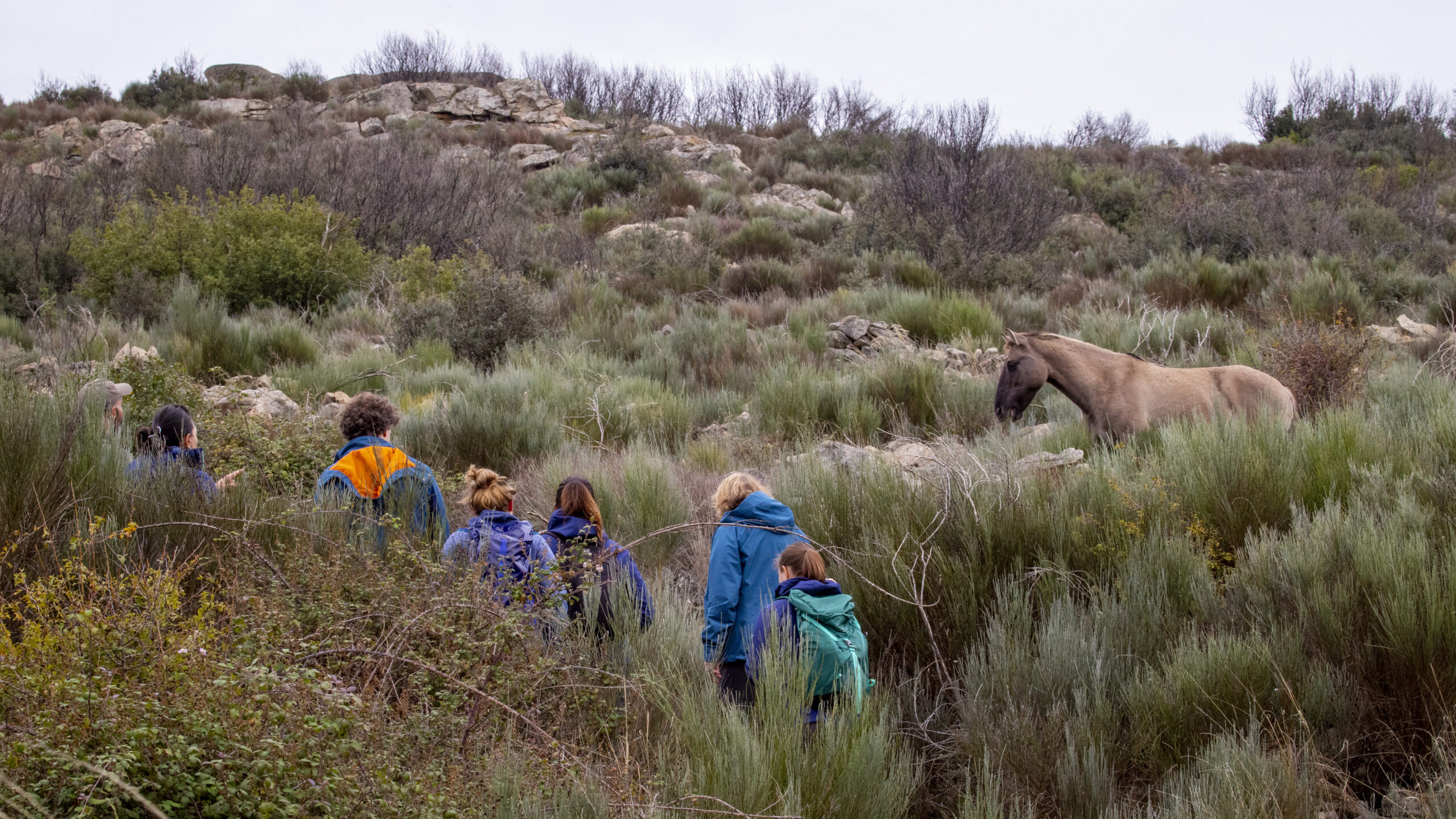
After a first meeting held even before the pandemic at the headquarters of Rewilding Europe, in the Netherlands, it was understood that this would be the ideal time for one of the rewilding areas to present the work developed so far in the field and show the positive impacts that rewilding is already bringing to landscapes, communities and the businesses, with Greater Côa Valley and Rewilding Portugal having the great pleasure of being chosen as the first rewilding area to host this type of event. In total, in addition to the central team, communication officers from eight of the ten rewilding areas that currently exist participated: Danube Delta, Rhodope Mountains, Spain, Oder Delta, Velebits, Portugal, Apennines and Affric Highlands.
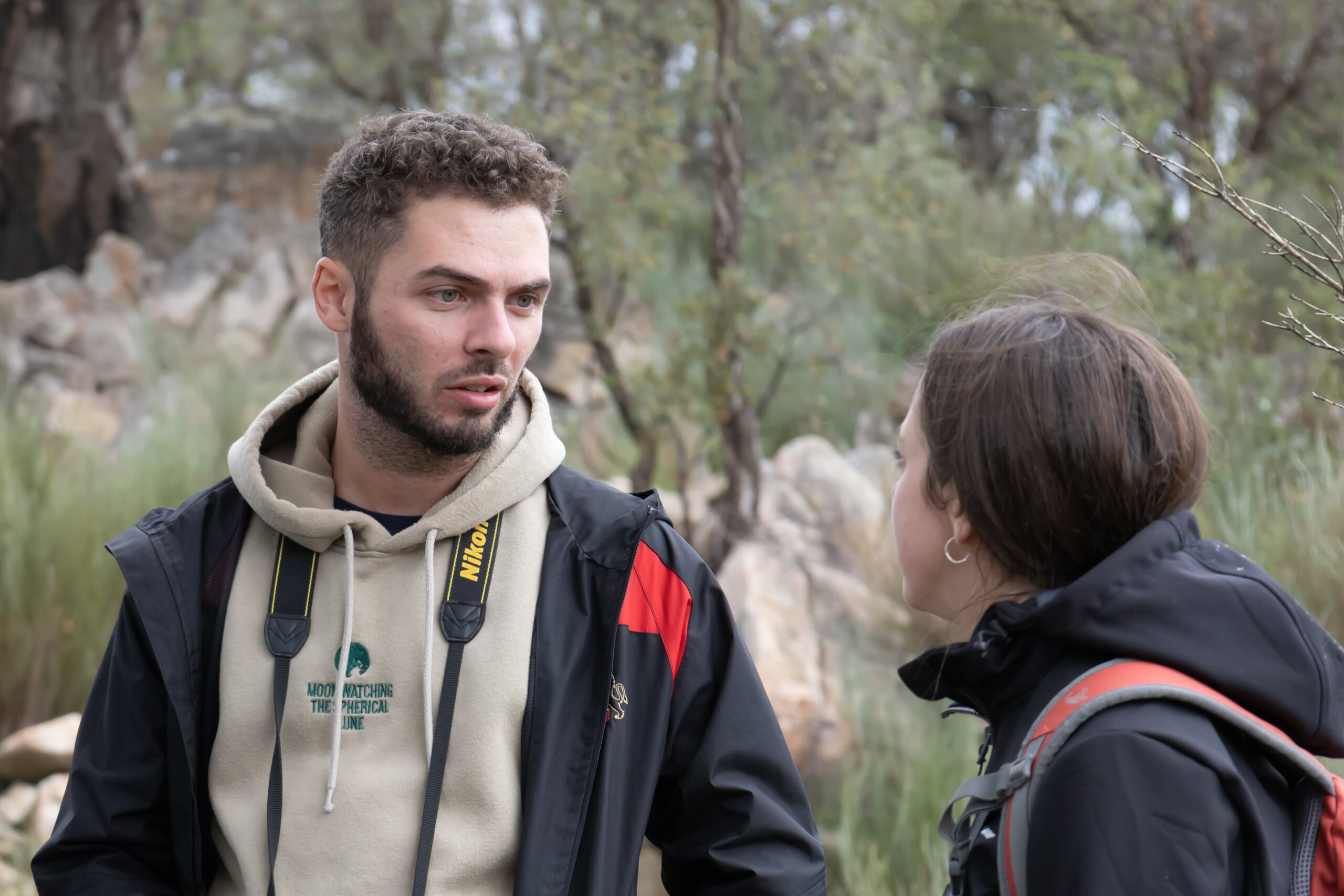
In addition to several theoretical work sessions held over four days at the Rewilding Center, in Vale de Madeira, which was the place chosen to host another event of this size, there was also an opportunity for participants to have more direct contact with the touristic offer and local products that the Wild Côa Network already has to offer. In fact, all the experiences carried out and all the products consumed during these days are already available within this network, which is increasingly becoming self-sufficient and having sufficient solutions for complete visitation and tasting packages.
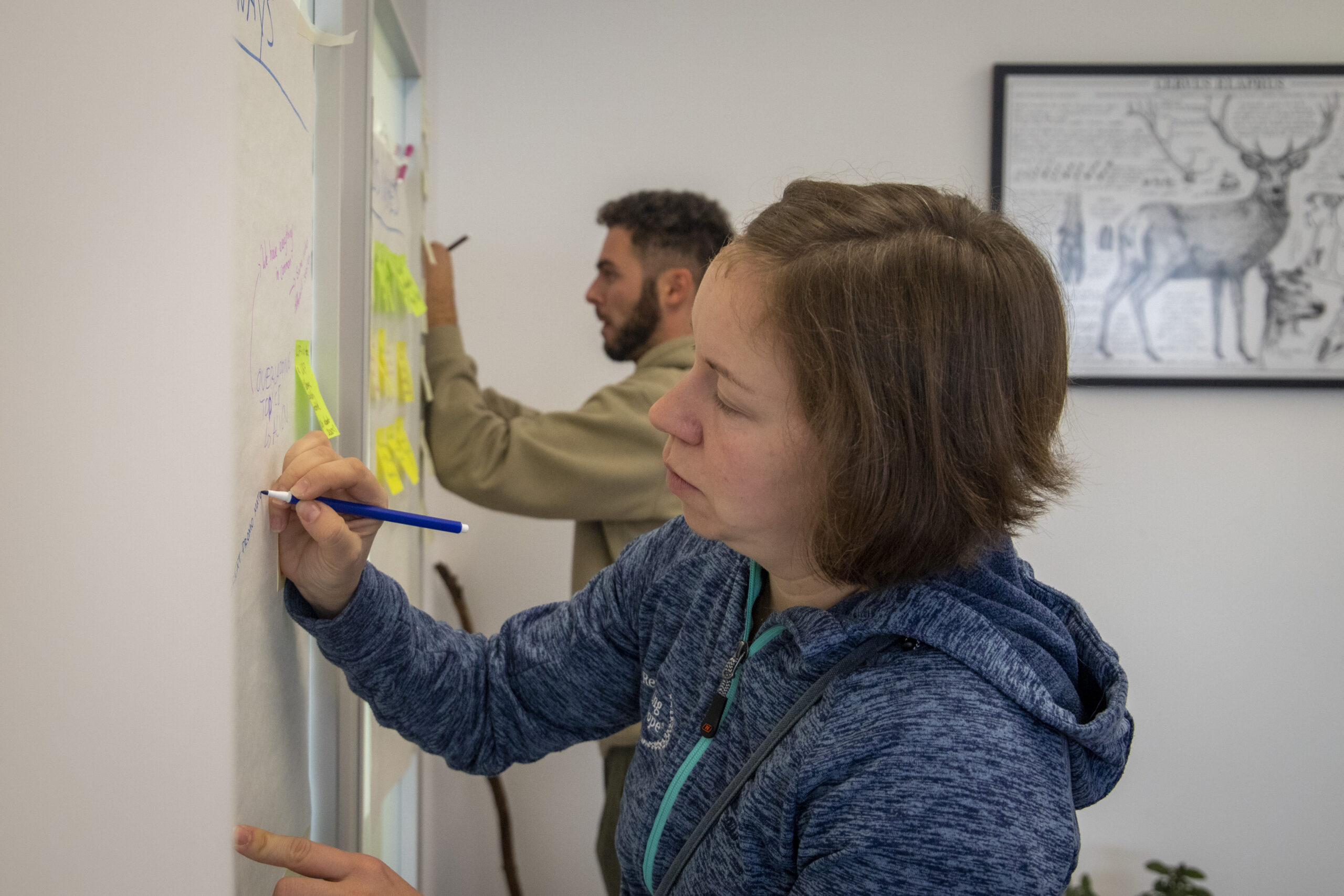
In addition to an initial overnight stay in Quinta do Rio Noémi (Guarda), which served as a gateway to the Greater Côa Valley region, the group had a nocturnal visit to the Paleolithic engravings carried out by the guide Marco Ferraz (from Ambieduca), to get to know in greater detail the artistic expression that makes us aware of the most emblematic species that once abounded in the region and whose functions of herbivory and natural grazing are now being brought back through the rewilding efforts carried out on the ground. A journey into the past to understand the potential of the landscape in the future.
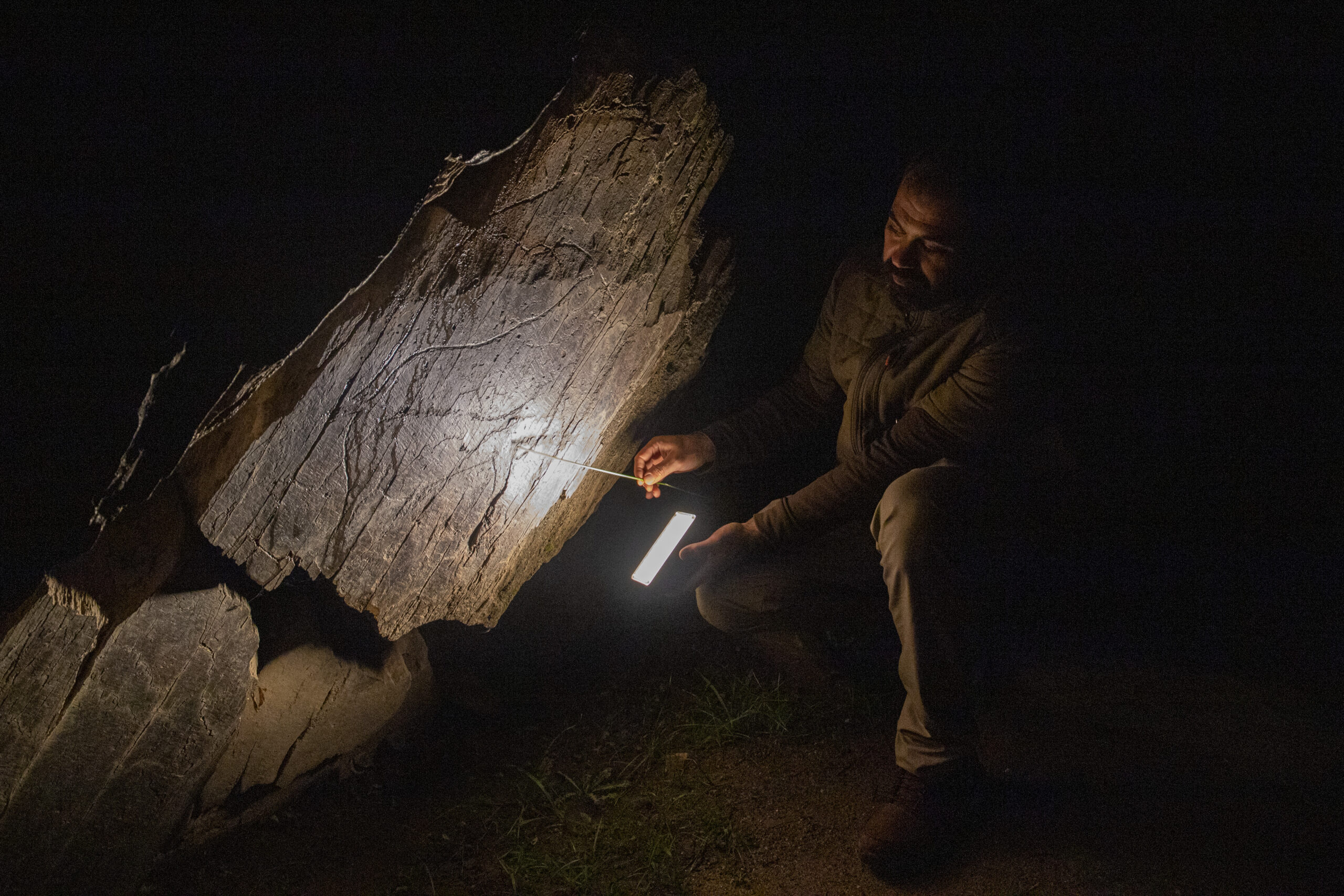
In terms of visitation, the group also had the opportunity to visit two of the rewilding areas managed by Rewilding Portugal: Ermo das Águias (Pinhel), on a guided tour carried out by the conservation officer from Rewilding Portugal André Couto; and Paul de Toirões (Almeida), guided tour by guide Fernando Romão(from Wildlife Portugal). On the last day of the experience, the group also had an experience of observing vultures in a photographic shelter in the region, also with Wildlife Portugal. Furthermore, Cró Hotel (Rapoula do Côa) and Casa Villar Mayor (Vilar Maior), two of the accomodations of the Wild Côa Network were also visited for some of the meals of this experience.
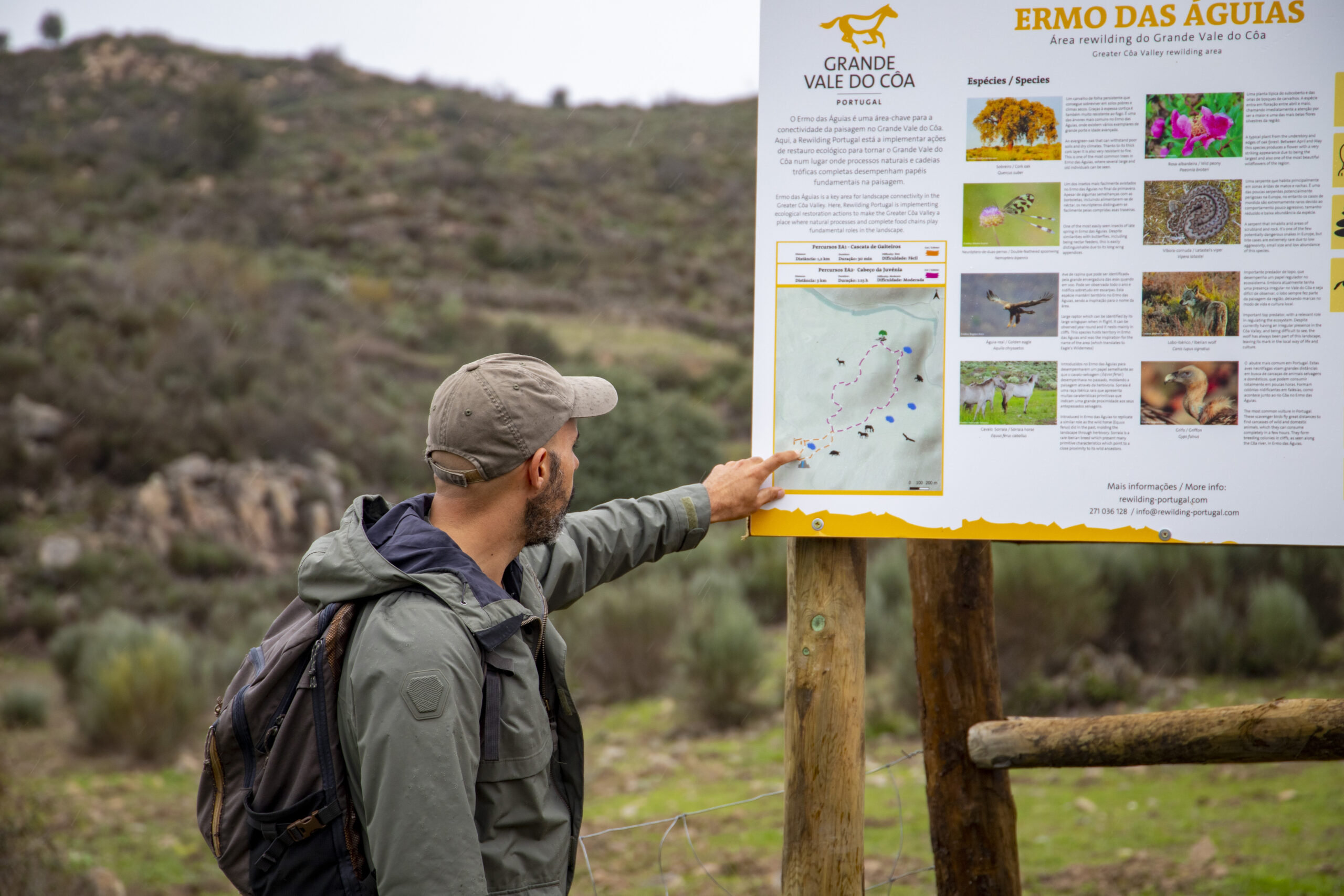
Throughout this week, all meals held at the Rewilding Center were prepared by the chef Miguel Veiga, also a member of our network and specialist in this type of vegetarian/vegan catering services, which was challenged over these days to create a menu based only on products from the network’s various products, namely Matreira, Ambombagas, Quinta das Baganhas etc. Task successfully accomplished and highly praised throughout the event, in a partnership that has been increasingly developed and strengthened in recent years.
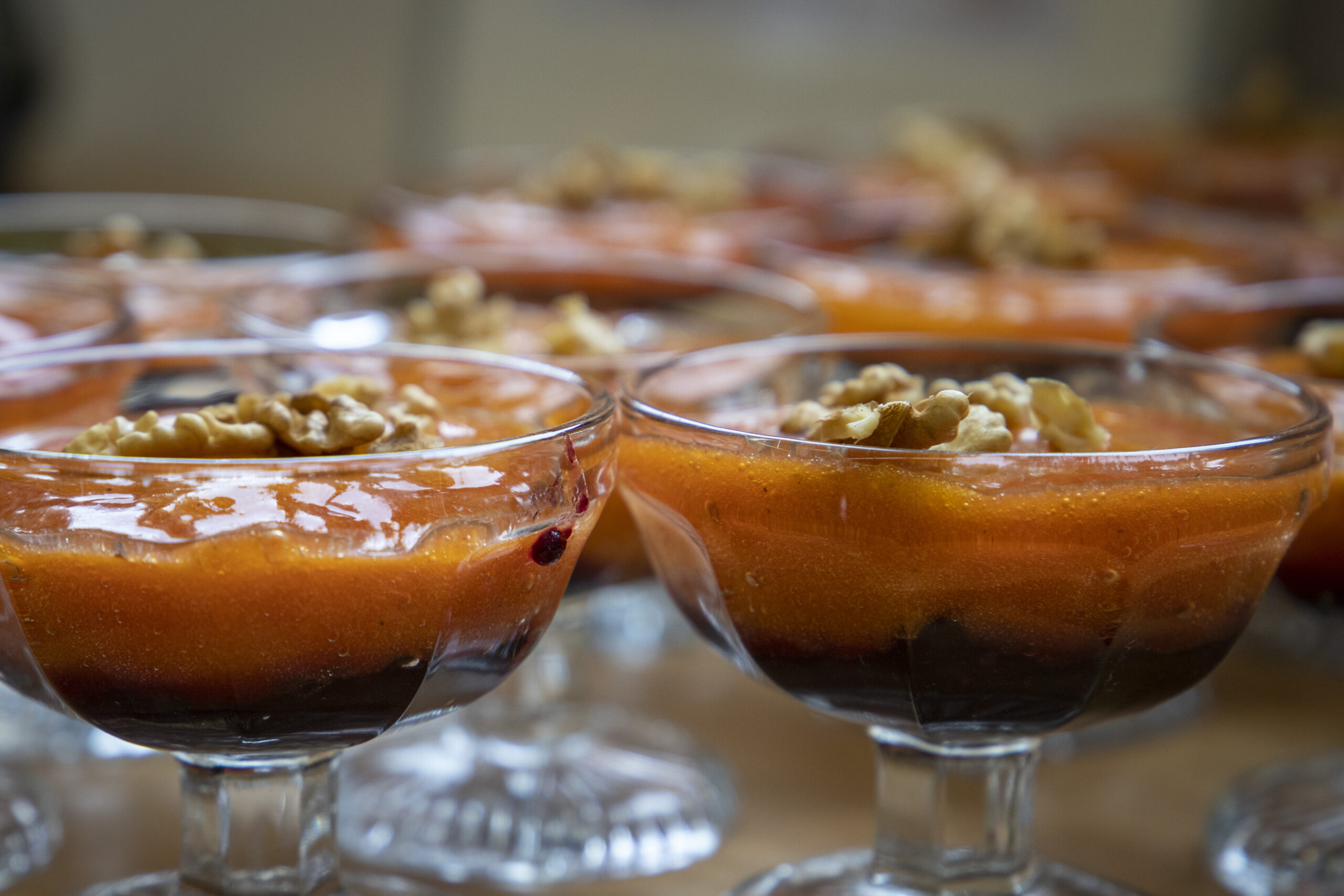
The group also had the opportunity to learn about all the communication work being carried out by Rewilding Portugal in the Greater Côa Valley and to experience “in loco” the close connection that Rewilding Portugal has been developing with the local communities in the villages surrounding its rewilding areas. For this very reason, our organization promoted a traditional community event open to the community of Vilar Maior, the “magusto”, to make this very Portuguese tradition known to the group, which is still so common in this region and which made this excellent relationship visual and palpable. The magusto had great support from the community, who did not miss the opportunity to participate in this moment of fraternization and sharing. The event also had a fado concert by the singer Artur Conde, which warmed hearts and souls, warding off the cold with nightfall.
